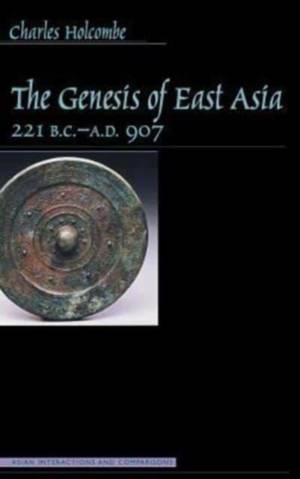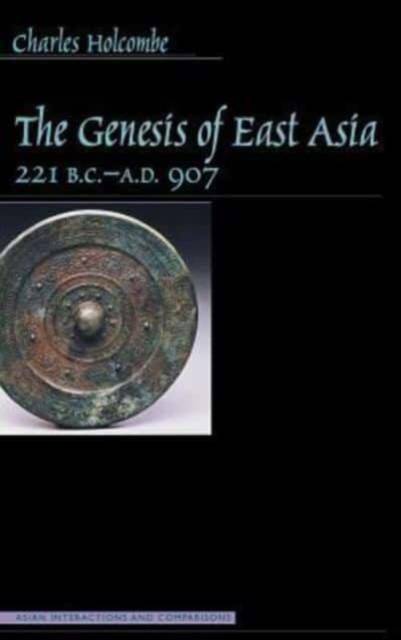
- Retrait gratuit dans votre magasin Club
- 7.000.000 titres dans notre catalogue
- Payer en toute sécurité
- Toujours un magasin près de chez vous
- Retrait gratuit dans votre magasin Club
- 7.000.000 titres dans notre catalogue
- Payer en toute sécurité
- Toujours un magasin près de chez vous
Description
The Genesis of East Asia examines in a comprehensive and novel way the critically formative period when a culturally coherent geopolitical region identifiable as East Asia first took shape. By sifting through an impressive array of both primary material and modern interpretations, Charles Holcombe unravels what "East Asia" means, and why. He brings to bear archaeological, textual, and linguistic evidence to elucidate how the region developed through mutual stimulation and consolidation from its highly plural origins into what we now think of as the nation-states of China, Japan, Korea, and Vietnam.
Beginning with the Qin dynasty conquest of 221 B.C. which brought large portions of what are now Korea and Vietnam within China's frontiers, the book goes on to examine the period of intense interaction that followed with the many scattered local tribal cultures then under China's imperial sway as well as across its borders. Even the distant Japanese islands could not escape being profoundly transformed by developments on the mainland. Eventually, under the looming shadow of the Chinese empire, independent native states and civilizations matured for the first time in both Japan and Korea, and one frontier region, later known as Vietnam, moved toward independence. Exhaustively researched and engagingly written, this study of state formation in East Asia will be required reading for students and scholars of ancient and medieval East Asian history. It will be invaluable as well to anyone interested in the problems of ethno-nationalism in the post-Cold War era.Spécifications
Parties prenantes
- Auteur(s) :
- Editeur:
Contenu
- Nombre de pages :
- 348
- Langue:
- Anglais
- Collection :
- Tome:
- n° 15
Caractéristiques
- EAN:
- 9780824824150
- Date de parution :
- 01-06-01
- Format:
- Livre relié
- Format numérique:
- Genaaid
- Dimensions :
- 152 mm x 229 mm
- Poids :
- 630 g







